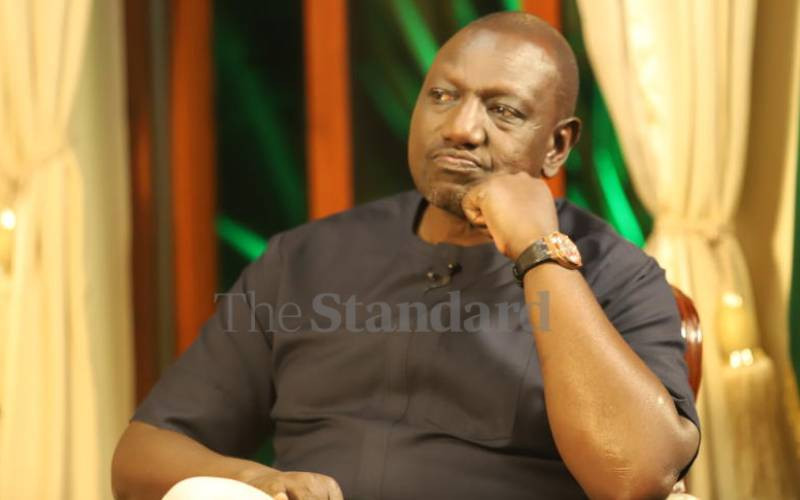×
The Standard e-Paper
Smart Minds Choose Us

When the Supreme Court led by former Chief Justice David Maraga nullified the 2017 presidential election, it sent shock waves across the country and Africa.
The Judiciary which had for decades been under the control of the Executive firmly exercised its dependence and affirmed the progressive 2010 Constitution.